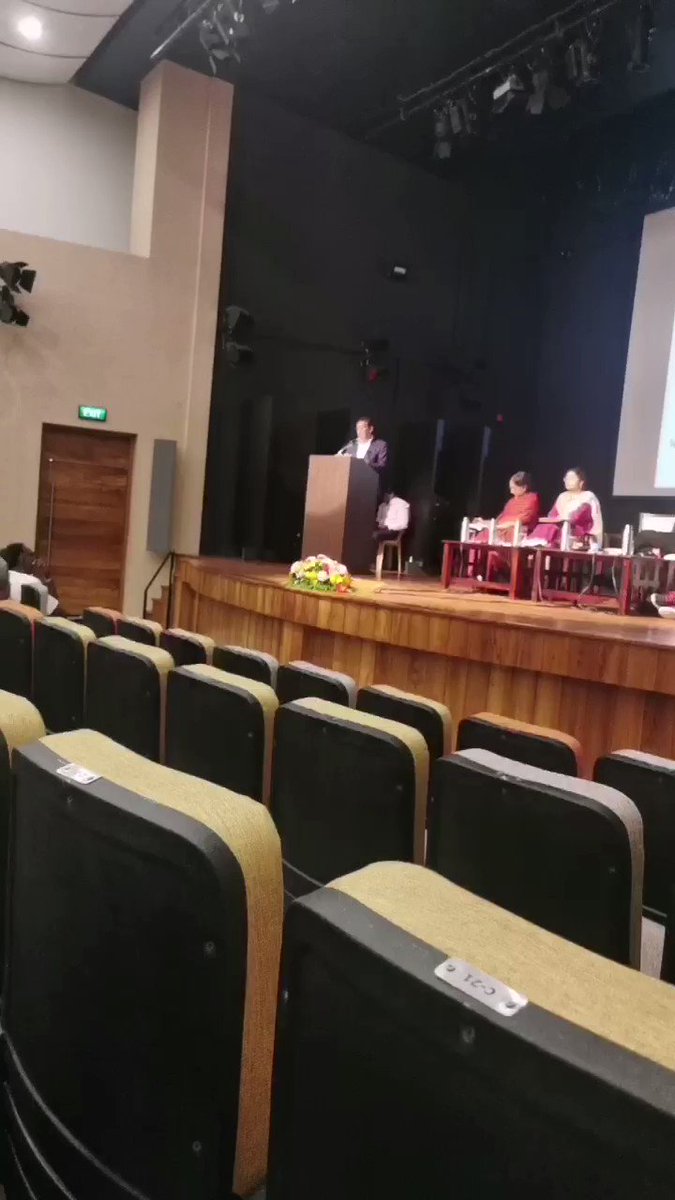Vibha B Madhava
3:13
3:13
3:15
3:15
3:17
3:20
3:20
3:24
3:24
3:26
3:27
3:27
3:28
3:29
3:31
3:32
3:33
3:34
3:37
3:37
3:38
3:41
3:43
3:44
3:46
3:49
3:49
3:50
3:51
3:52
3:53
3:54
3:54
3:56
3:57
4:01
4:06
4:06
4:07
4:08
Connecting…







